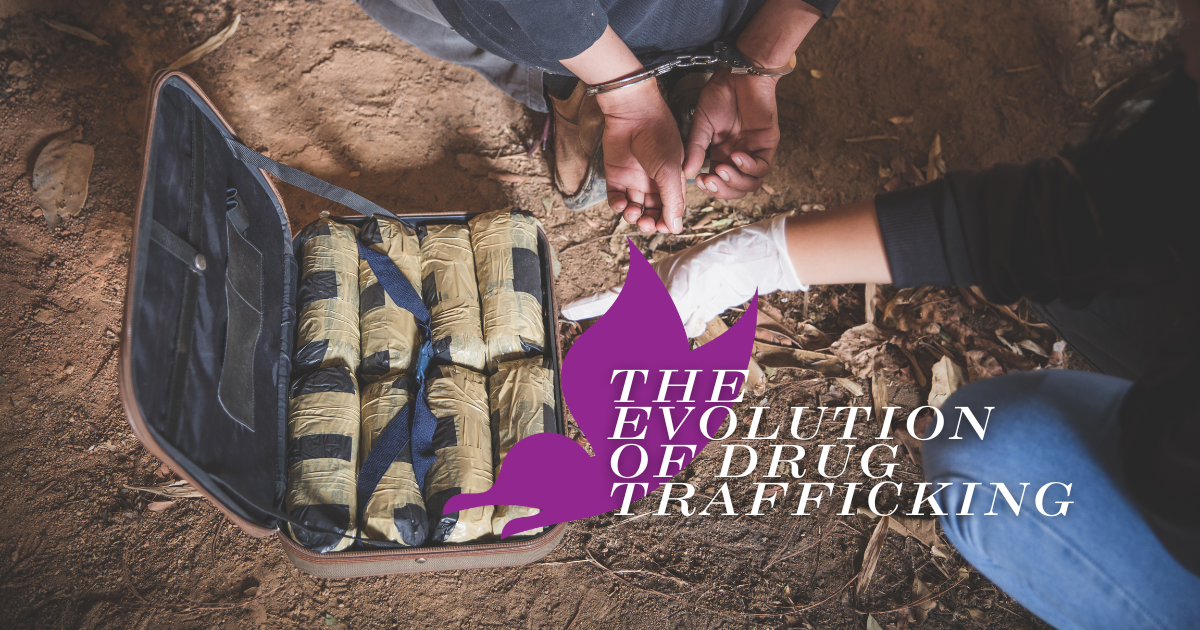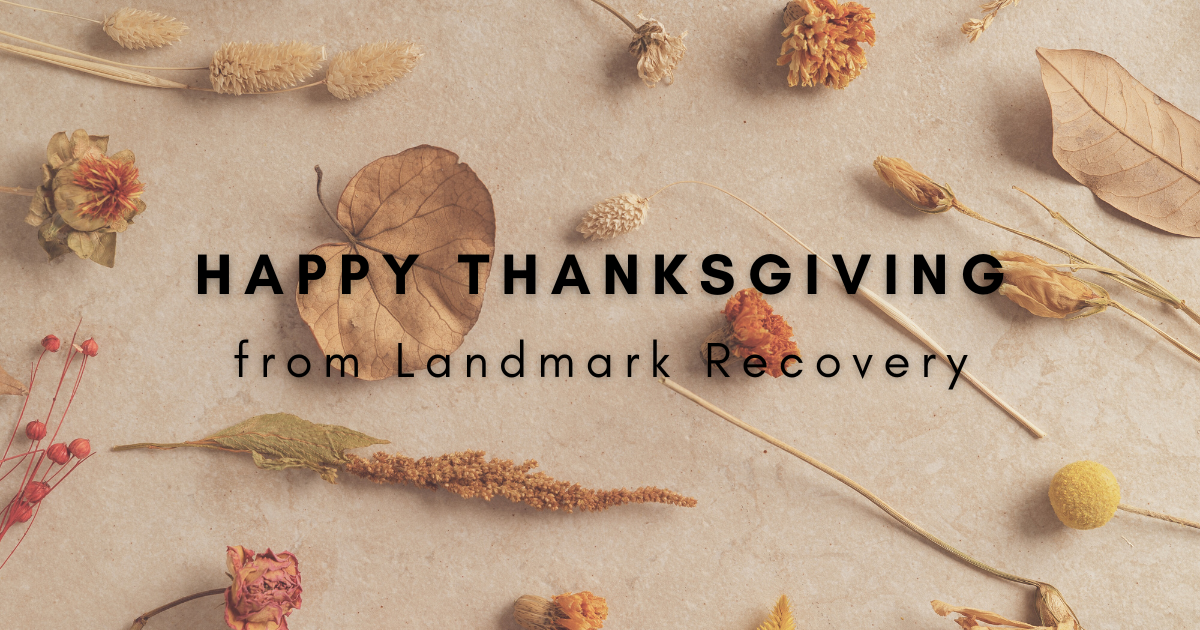In most dual diagnosis treatment centers around the U.S, you will find several patients at any given time that are suffering with both addiction and Attention-deficit/hyperactivity disorder (ADHD). It is estimated that between 15-20% of adults with a history of addiction have ADHD.
Often ADHD is overlooked or pushed to the side as the focus is on the most immediate threat of addiction, but treatment for both are essential for long term recovery. Treatment for ADHD can be complex when addiction is added into the equation, but most experts agree that treating the addiction with detox is the first step in managing both.
However, it is not wise to let ADHD go untreated either as lack of focus, constant boredom, inability to sit steal and forgetfulness can all have a negative impact on a person’s ability to stay sober as well as their overall quality of life. ADHD has been found to be a risk factor for addiction and can also be a risk factor for relapse when left untreated.
Those who suffer with both ADHD and addiction often attribute starting to abuse substances as a way to lessen the symptoms of ADHD. Some of the most common substances abused by people with ADHD are stimulants such as cocaine or methamphetamine.
While it is not uncommon for people to abuse other substances such as hallucinogens, marijuana, alcohol or opioids in an attempt to lessen ADHD symptoms, most people report that stimulants seemed to lessen symptoms most effectively at first, followed swiftly with severely problematic abuse. Many people report that these started as attempts to alter their mood and diminish ADHD symptoms to be able to function more effectively.
Treatment Options
There is much conversation about how to treat ADHD in a person with a history of addiction. Many people are afraid to try prescription ADHD medication due to their history of addiction and the controversy around prescription stimulant treatment for ADHD in sober communities. Commonly people believe that taking pharmacologic treatment conflicts with the drug-free ideology they have been taught in sober support groups.
However, overall studies do not support the claim that stimulant treatments add to the risk of substance abuse in individuals with ADHD. When taken as prescribed, medication helps reduce the risk of substance use issues. Most experts agree that taking ADHD medication as prescribed, seeking support, exercise, hobbies and therapy can greatly reduce the likelihood of risk. Support groups alone may not be enough to help someone with ADHD due to issues regulating neurotransmitters including dopamine and norepinephrine. It is imperative that you discuss treatment for both with your therapist and doctor.
Next Steps
If you are looking for a treatment center that can help you or a loved one suffering from these issues, please reach out to Landmark Recovery’s drug and alcohol rehab in Carmel. Landmark’s staff has the tools and knowledge to help your loved one overcome their substance abuse problems and achieve long term sobriety.
About The Author
Charley Melson is a clinical therapist and the Executive Director at Praxis by Landmark Recovery. Melson has a master’s degree in Clinical Counseling and has been working in the recovery field for almost five years.

Choose Recovery Over Addiction
We're here 24/7 to help you get the care you need to live life on your terms, without drugs or alcohol. Talk to our recovery specialists today and learn about our integrated treatment programs.




